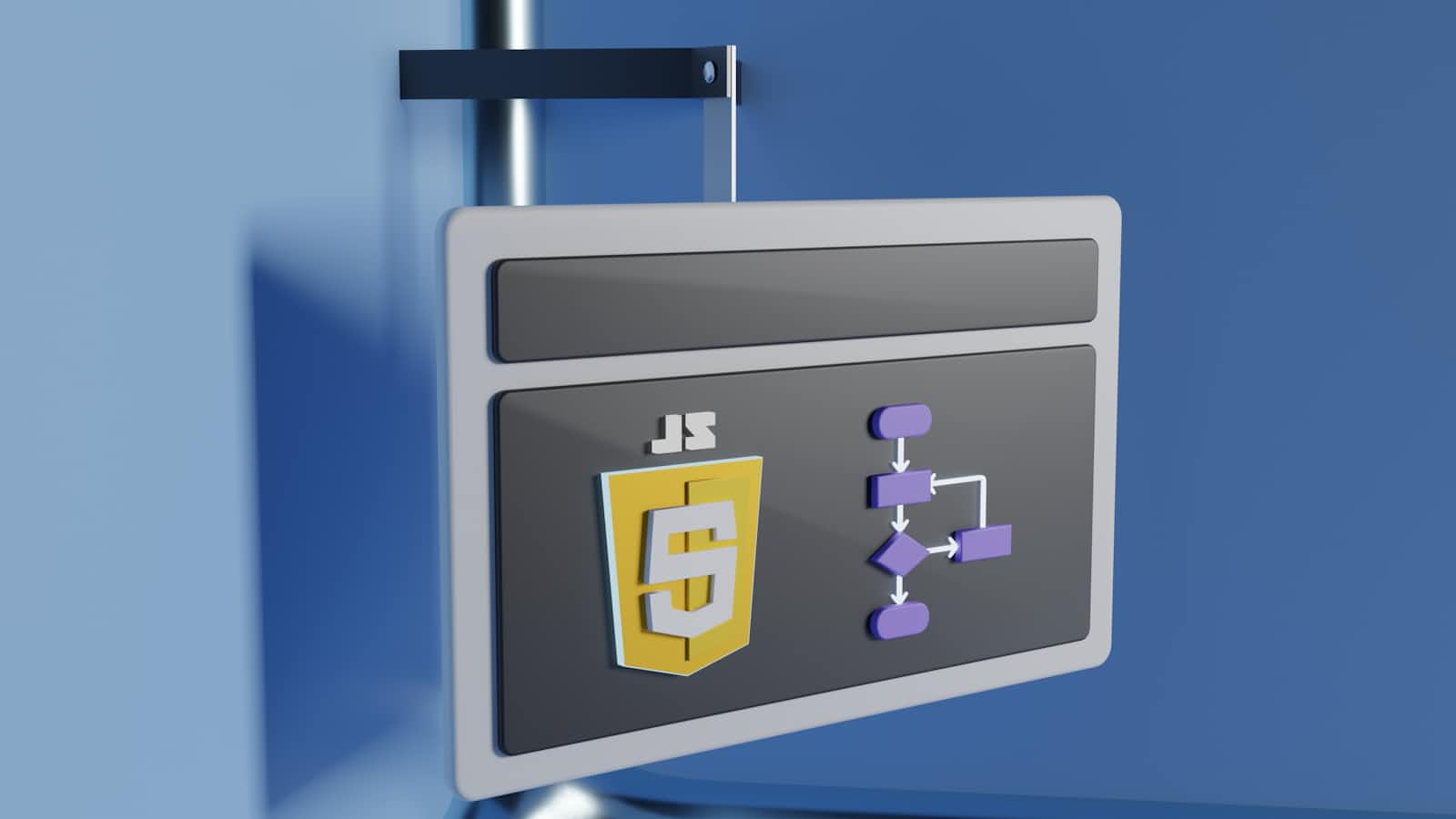10 tools every frontend developer should know about
 Jadesola Adeagbo
Jadesola Adeagbo
Building frontend applications can be overwhelming and stressful if you are not using the right tools as a developer.
Here are 10 tools I believe every frontend developer should know how to use:
1.) Version Control Tools
Examples are Git and Github: Version control tools track changes in your code. Git allows you to take a snapshot of what all your files look like and stores a reference to that snapshot, while GitHub hosts git repositories and allows for collaboration.
For more information check out my article on version control: Version Control with Git and Github.
2.) Code Quality Tools
Examples are ESLint and Prettier: ESLint analyzes your code for syntax errors, while Prettier ensures consistent formatting. Together these tools ensure easy code maintenance, readability, and overall quality.
3.) Automation Tools
Automation Tools help manage tasks like bundling, and streamline asset management and code splitting, thereby optimizing application performance.
4.) Browser Developer Tools Extensions
Examples are React Developer Tools and Redux Developer Tools: These browser extensions are essential for debugging and performance monitoring. They help analyze your application performance and understand how data flows through your React application.
5.) Testing Tools
Examples are Cypress and Jest: Testing tools simplify and automate unit-testing processes and ensure that your code functions correctly and remains maintainable.
6.) Documentation Tools
Examples are Storybook and Notion: Storybook provides an isolated environment where you can build and document UI components. Notion is a versatile documentation tool that is used for project planning and note-taking. These tools help developers keep track of the documentation process of their applications.
7.) Deployment Tools
Examples are Vercel and Netlify: Deployment tools like Vercel and Netlify make it easy for developers to deploy their applications without the need to manage servers. They also automate the deployment process by allowing you to link GitHub repositories.
8.) Containerization Tools
Examples are Docker and Kubernetes: Containers serve as an isolated environment for running your applications consistently across different environments.
For more information on Docker, check out my article here: Step-by-step guide to deploying code with Docker
9.) Debugging Tools
Examples are Sentry and LogRocket: These tools are error-tracking and logging tools that help capture issues in real-time by providing alerts, contexts for errors and reproducing bugs to be able to track them.
10.) AI Productivity Tools
Examples are Google Gemini and CHATGPT: These tools help developers code more efficiently by acting as a problem-solving code assistant, and debugging tool
Conclusion
These ten tools are essential for any frontend developer looking to streamline their workflow, improve code quality, and increase overall productivity. By incorporating them into your development process, you’ll be empowered to build maintainable, readable, and scalable applications efficiently.
Thank you for reading! If you found this article helpful and informative, please subscribe and give it a like; it helps support the content and keep you updated with future posts.
Subscribe to my newsletter
Read articles from Jadesola Adeagbo directly inside your inbox. Subscribe to the newsletter, and don't miss out.
Written by

Jadesola Adeagbo
Jadesola Adeagbo
Hi🙋🏽♀️, I'm Jadesola, a software developer based in Nigeria 🛠️. Driven by a passion for solving problems with code, I'm currently refining my skills as a front-end developer while delving into the world of back-end development. I am dedicated to sharing my knowledge and experience as I grow in the tech world. Join me on my journey and let's grow together!